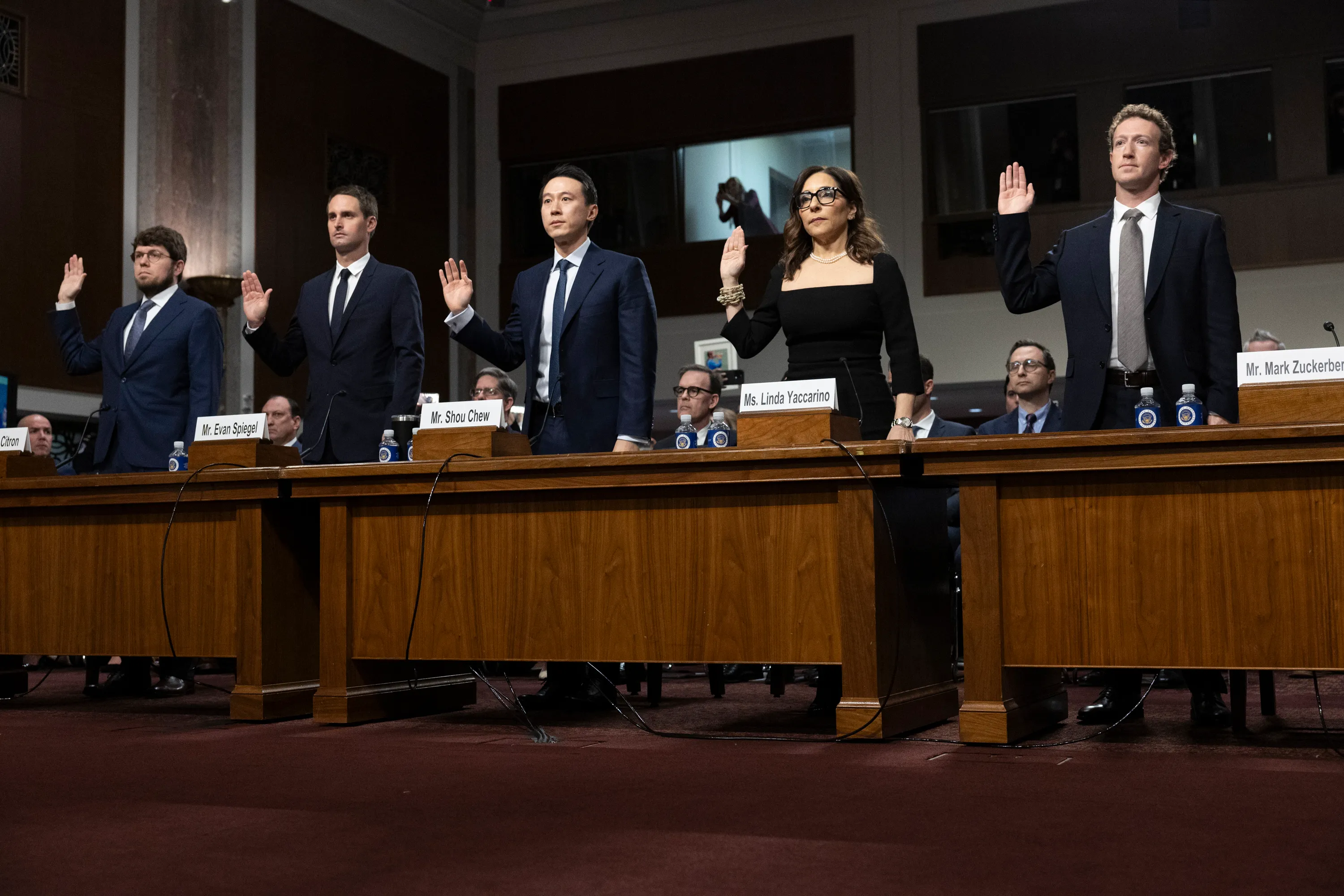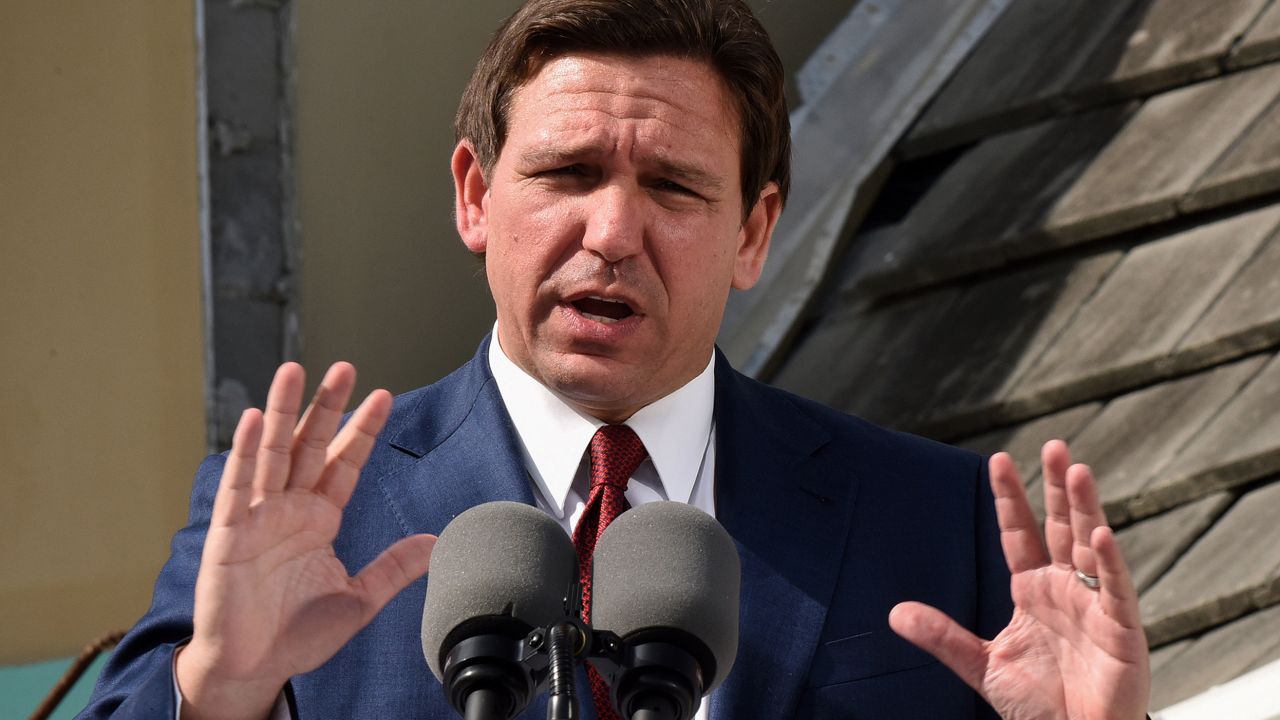As the landscape of social media continues to evolve, state governments are engaging in an unprecedented campaign to regulate online platforms. This development is largely fueled by conservative narratives alleging bias against right-wing viewpoints, leading to a wave of legislative proposals that threaten the very foundation of free speech.
State Responses to Allegations of Bias
In recent years, conservatives have increasingly claimed that social media platforms such as Facebook and Twitter exhibit bias against their viewpoints. This narrative has gained traction, prompting numerous state governments to propose regulations aimed at controlling how these platforms moderate content. According to research findings, these efforts have resulted in a patchwork of laws aimed at increasing oversight over platform content moderation practices.
Implications for Free Speech
The push for content regulation raises serious questions about the implications for free speech rights. Several cases involving social media and free speech have reached the Supreme Court, highlighting the increasing importance of these platforms in public discourse. As reported by sources, these legal battles underscore the influence that social media platforms wield in shaping public opinion and the discourse surrounding critical social issues.

TikTok, Meta, Snap, other tech CEOs grilled at Senate hearing
Corporate Accountability at Risk
With state governments taking a more aggressive stance, the question of corporate accountability emerges. These regulations often lack the necessary checks and balances, allowing platforms to wield significant power over what content is permissible. This is concerning, especially given the fact that many of these platforms operate as monopolies in their respective spaces. As we know, unchecked corporate power can lead to abuses that disproportionately affect marginalized communities.
The Consequences of Regulation
As these regulations unfold, the consequences for both users and platforms will be profound. Users may find themselves navigating a minefield of censorship and restrictions that limit their ability to voice dissent or engage in meaningful discourse. Platforms, on the other hand, may be forced to prioritize compliance over user engagement, stifling creativity and innovation. According to historical perspectives on media regulation, the balance between free expression and regulation has always been tenuous and fraught with conflict.

Florida gives its reasons for rejecting proposed AP African American ...
Resistance from Advocacy Groups
In response to these sweeping regulations, advocacy groups are mobilizing to resist efforts that threaten free speech. These organizations argue that the proposed measures disproportionately target dissenting voices and do little to address the real issues of misinformation and harmful content. The backlash is growing, with many calling for a more equitable approach to content moderation that protects all voices, particularly those from marginalized communities.
The ongoing battle over content regulation reveals the deep divisions in our society regarding free speech and corporate accountability. As state governments continue to push for stricter regulations, the stakes have never been higher. The outcome of this struggle will shape the landscape of online discourse for generations to come.

![[Video] Anti-ICE Protester Pepper Sprayed as CBP Agents Disperse Crowd in Minneapolis](/_next/image?url=%2Fapi%2Fimage%2Fthumbnails%2Fthumbnail-1768260677127-y71sb7-thumbnail.jpg&w=3840&q=75)

![[Video] Several injured as U-Haul truck drives through Iranian protestors in Los Angeles](/_next/image?url=%2Fapi%2Fimage%2Fthumbnails%2Fthumbnail-1768176682028-q95y6j-thumbnail.jpg&w=3840&q=75)
![[Video] Scuffle breaks out between Trump supporters and Anti-ICE protesters in Times Square](/_next/image?url=%2Fapi%2Fimage%2Fthumbnails%2Fthumbnail-1768165958203-hgcgb-thumbnail.jpg&w=3840&q=75)


![[Video] Gunfire between Iraqi security forces and Sadr militias in Baghdad](/_next/image?url=%2Fapi%2Fimage%2Fthumbnails%2Fthumbnail-1768343508874-4redb-thumbnail.jpg&w=3840&q=75)
